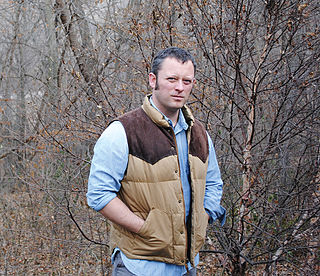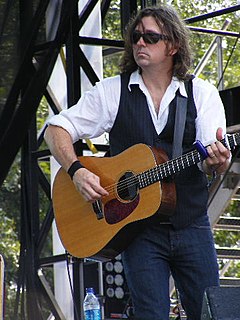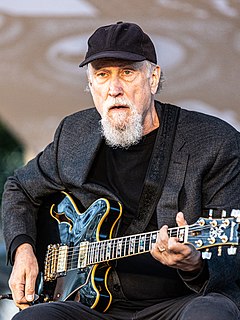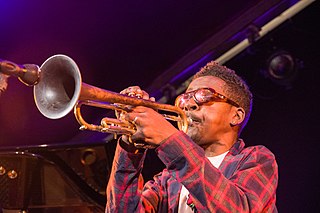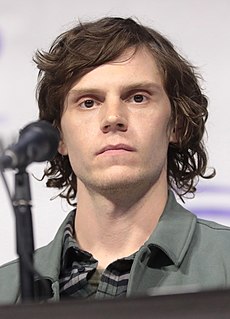A Quote by Said Sayrafiezadeh
I don't work with an outline, except a vague one in my head, a general idea of character, place, arc... I'm like a composer with a symphony in their head: I can hear the music, I just have to figure out how to put it down on paper. But I don't always know where my stories are going when I begin.
Related Quotes
I try to outline. I'm a lazy outliner. I will put the points down of each chapter or series of chapters, but it always changes. For me it's a place of evolution. I don't really know who the characters are. I don't really know what the story is. I outline and that really just gets me moving. It's like I'm drawing up fake maps, but they turn out to be correct.
I have a scenario but almost always it's entwined with at least one person to begin with. Then I sort of expand from there and I'm thinking about books novels. I've got these scrolls of paper that I hang up in my office and this is my idea room, my nightmare factory, and I have a big title at the top of the scroll and on the left hand side I have these character sketches on the characters, and then once I figure out who they are I can figure out what they want and once I figure out what they want I'm able to put obstacles in the way of that desire, and that's where plot springs from.
I don't ascribe to the idea of the ivory tower composer who sits alone in a room composing his masterpieces and then comes down from Mount Sinai with the tablets. It doesn't work like that. The job of a composer is putting something down on a piece of paper that will inspire the person who's playing.
I feel like there's a voice in my head, always, telling me every idea is brilliant, and another telling me every idea is the worst. And they argue in my head until somebody wins, until I solicit an audience to be, like, 'Will you help me figure this out? Is this the best or the worst idea?' And they tell me!



